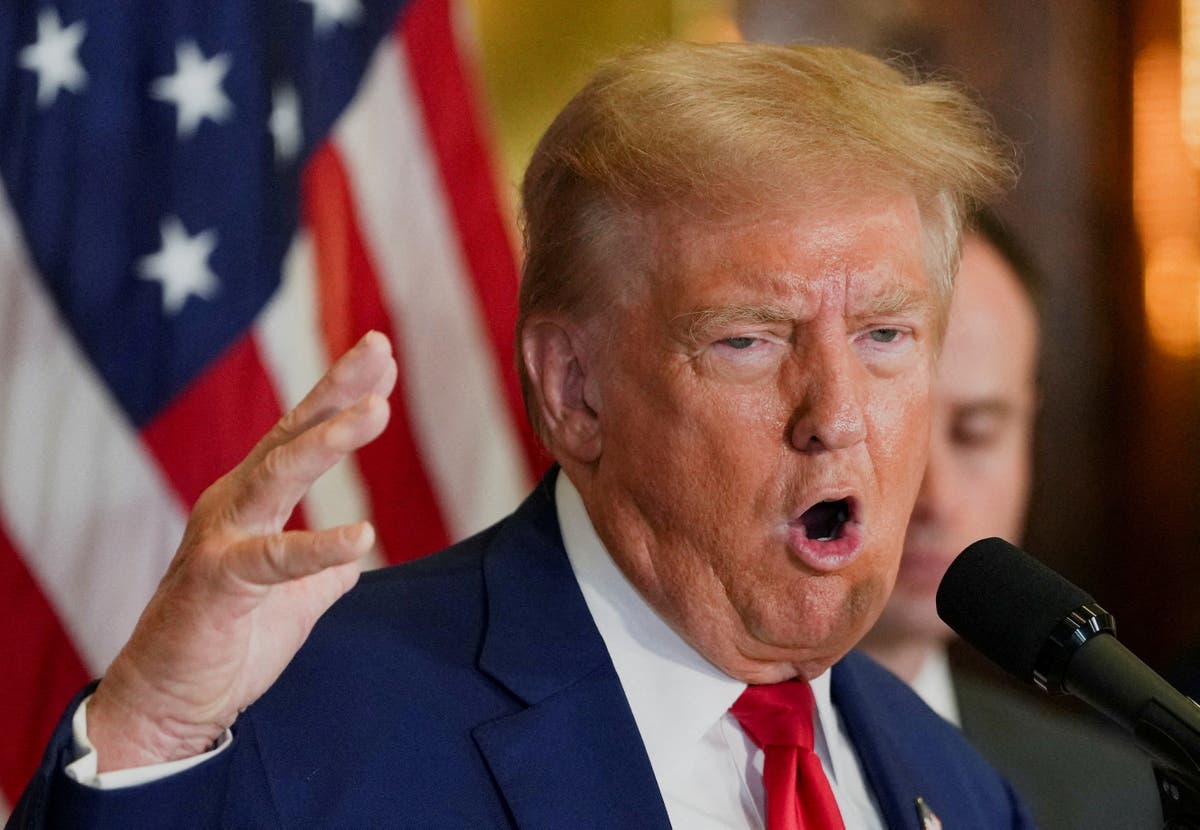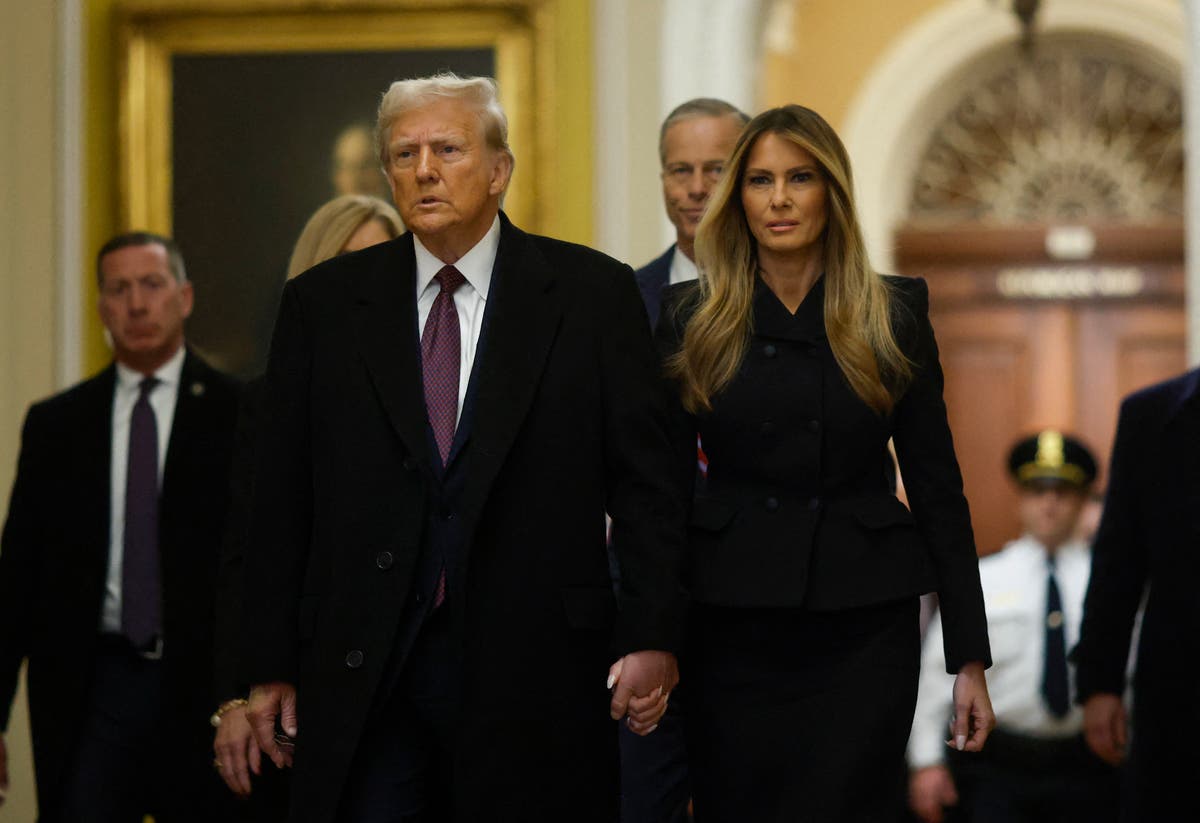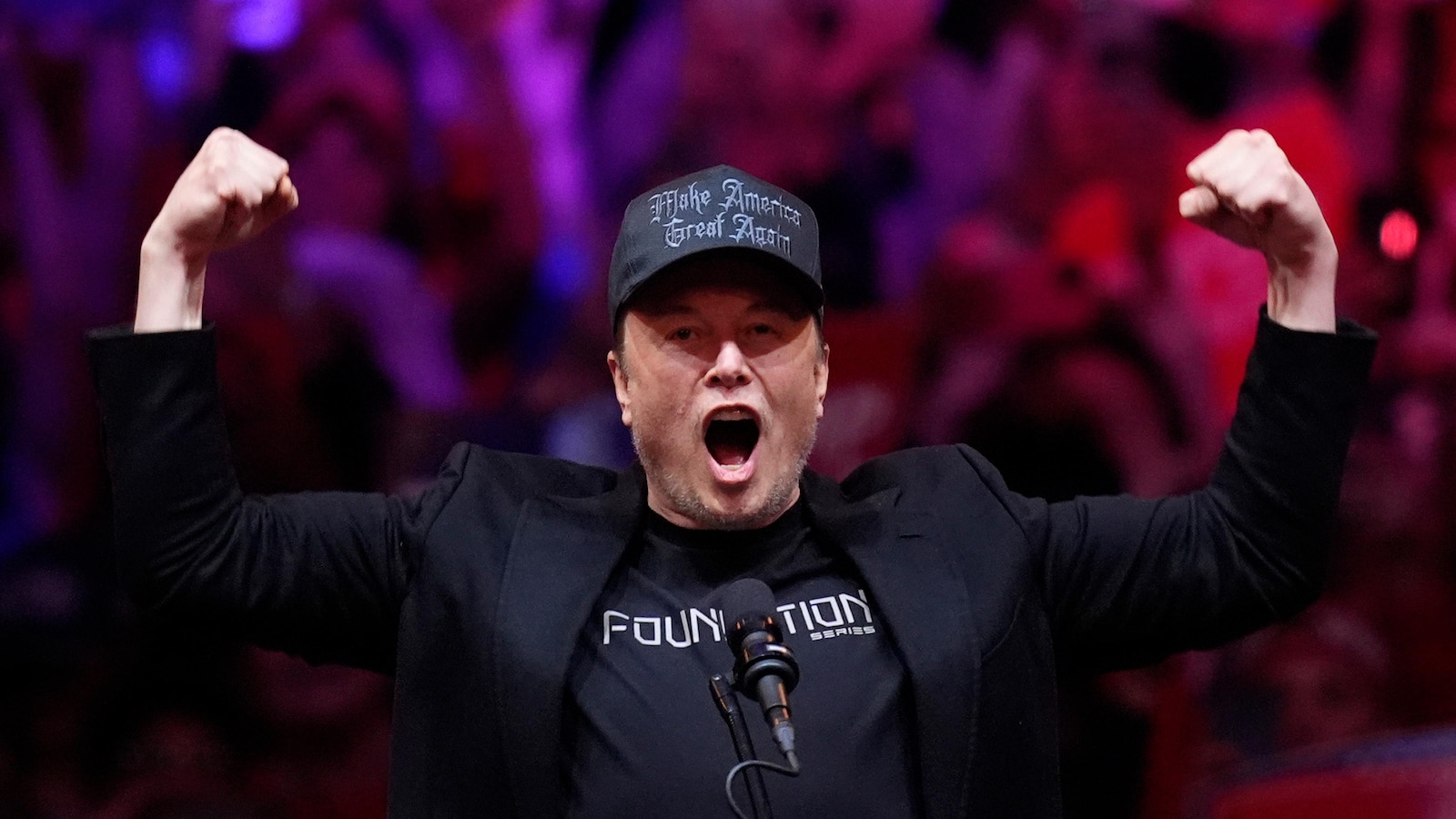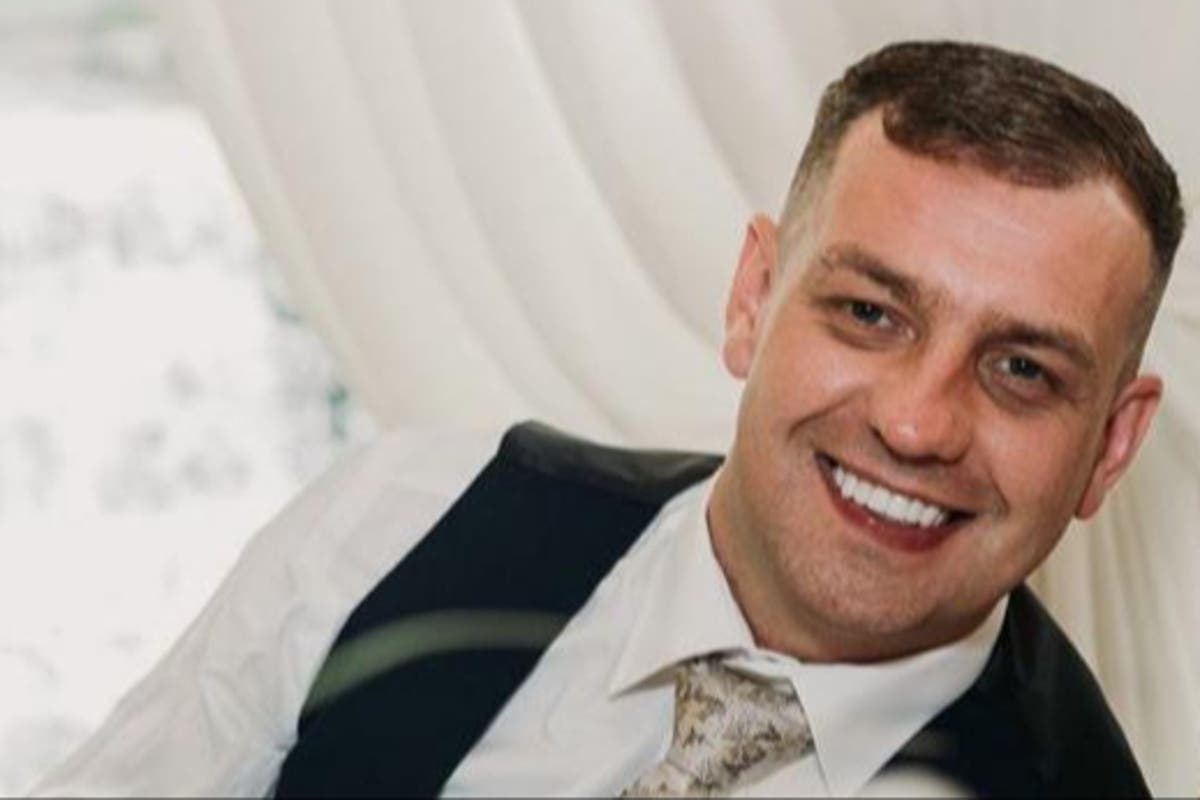Rwanda's President Paul Kagame urged Congolese authorities on Thursday to engage in negotiations with the M23 rebel group, which has expanded its control over eastern Congo. The group's recent territorial gains raise regional tensions and humanitarian concerns.
Kagame emphasized the importance of direct dialogue as a pathway to resolving the conflict. "There has to be an effort to continue finding a solution," he stated, highlighting the necessity of a political process and internal dialogue.
Congo, however, maintains its stance against direct talks with M23, accusing Rwanda of supporting the rebel group. This disagreement further complicates the already volatile situation. International observers and the U.S. have also voiced concern over the resurgence of fighting and the alleged involvement of Rwandan forces.
The M23's resurgence comes after a decade of relative inactivity. The group, named after a 2009 peace accord, contends the Congolese government failed to uphold its commitments. This has led to a series of attacks and territorial seizures, particularly in the key region bordering Rwanda.
Kagame also addressed the threat posed by the FDLR, another armed group operating in Congo, which he accused of being embedded within the Congolese military. The FDLR, comprised of suspected perpetrators of the Rwandan genocide, has contributed to the refugee crisis in Rwanda.
Recent fighting has displaced thousands in North Kivu province. While M23 leaders assert their commitment to civilian protection, the group's actions still spark fear and displacement.
The U.S. State Department has labeled M23 a "Rwanda-backed" group, demanding Rwanda withdraw its troops and surface-to-air missiles from Congolese territory. This highlights the international community's growing concern about the situation and its implications.
The Congolese government and the M23 rebel group face a crucial juncture as regional leaders and international bodies strive for a peaceful resolution to the eastern Congo crisis.







